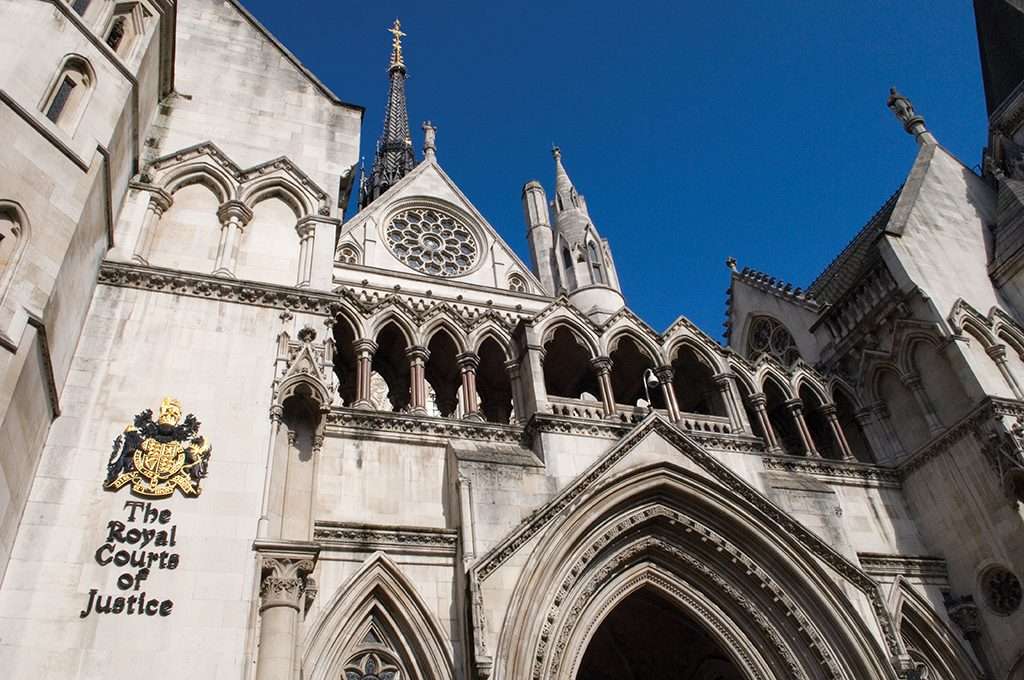Contractor victorious in late-payments dispute

Top Stories Tamfitronics
An East Grinstead contractor has successfully overturned a legal decision that found it was wrong to terminate its contract with a housing association over repeated late payments.
The dispute arose from a JCT contract between Providence Building Services Limited and Hexagon Housing Association Limited (Hexagon) for the construction of buildings in Purley, valued at £7.2m.
The key issue was whether Providence could terminate its contract after Hexagon failed to pay an invoice on time, even though Hexagon had paid up within 28 days of receiving a previous default notice.
Mark London, partner at Devonshires who represented Hexagon, said: “The Court of Appeal’s judgment has introduced a significant risk to employers everywhere who, in the event of a specified default, will face the proverbial sword of Damocles for the remainder of the contract.
“Contrary to the way in which the construction industry has operated the JCT termination provisions since the current wording was introduced in the 2005 JCT suite, employers will now be subject to a ‘two strikes and you’re out’ regime.
“If they are late making a single payment, even by one day, the contractor will inevitably serve a default notice. If it happens again then the contractor may terminate – even if the previous late payment is promptly cured. This will be a potentially powerful tool in the armoury of a contractor that wishes to exit an unprofitable project.”
In November 2022, Hexagon failed to pay an invoice of £264,000 by the due date.
Under the contract, if Hexagon did not make the payment within 21 days, Providence had the right to suspend its work.
However, if the payment was still not made after a further seven days, Providence could terminate the contract.
Providence issued a formal notice of default, which warned Hexagon that it was in breach of its payment obligations. Hexagon made the payment within 28 days, which prevented Providence from immediately terminating the contract at that time.
However, in April 2023, Hexagon again failed to make another payment of £366,000 by the due date.
This time, Providence terminated the contract, citing Hexagon’s repeated failure to pay on time.
Providence argued that the repeated late payment was sufficient grounds for termination, even though it had not terminated the contract after the first late payment because Hexagon had paid within the allowed grace period following the notice.
Hexagon disputed the termination, arguing that Providence could not end the contract simply because of a repeated late payment, especially since the first payment had eventually been made within the grace period.
In November last year, the court agreed with Hexagon, ruling that Providence needed to have had the right to terminate after the first late payment to be able to terminate after the second late payment.
The High Court judge said that Providence had “a battery of weapons available to him to protect his cashflow position. Those weapons include a right to suspend the works, the payment of statutory interest, and the right to refer disputes to adjudication.”
Providence appealed, arguing that the contract allowed them to terminate the contract if Hexagon repeated the same type of default, regardless of whether the first default had been fully rectified within the grace period. The Court of Appeal agreed with Providence.
The court held that the contract’s wording was clear: if Hexagon failed to make a payment on time, and then repeated this failure, Providence had the right to terminate the contract.
The appeal court emphasised that the contract did not require Providence to have already been in a position to terminate after the first default; it only required a repetition of the default.
The fact that Providence did not terminate the contract after the first late payment did not prevent it from terminating after the second late payment.
The judge in the appeal case, Lord Justice Stuart-Smith, said in his judgment that he was not persuaded by the High Court judge’s reference to the “battery” of other remedies available to Providence.
He said: “While they may ameliorate the position to some extent, none provides a satisfactory and immediate solution to the typical case of late payment: each involves a measure of delay and, in the case of suspension or resorting to adjudication, additional cost and uncertainty for the contractor in pursuing them.”
Speaking to Construction News after the judgment, Providence owner and managing director Darren Tancred said the late payments had impacted on the firm’s cashflow, affecting its performance on the Hexagon contract, as well as “other projects and our trading relationships with our supply chain”.
He said the court decision “means that the business can continue to operate”.
“Our pursuit of justice is not solely about Providence,” he said. “It’s [about] what the decision means for the industry, for main contractors and subcontractors all using the standard form of JCT contract.”
This story was written with the assistance of artificial intelligence. The story was amended on 19 August 2024 to add quotes from Mark London and Darren Tancred, and the original headline was amended.
Discover more from Tamfis Nigeria Lmited
Subscribe to get the latest posts sent to your email.



 Hot Deals
Hot Deals Shopfinish
Shopfinish Shop
Shop Appliances
Appliances Babies & Kids
Babies & Kids Best Selling
Best Selling Books
Books Consumer Electronics
Consumer Electronics Furniture
Furniture Home & Kitchen
Home & Kitchen Jewelry
Jewelry Luxury & Beauty
Luxury & Beauty Shoes
Shoes Training & Certifications
Training & Certifications Wears & Clothings
Wears & Clothings
















